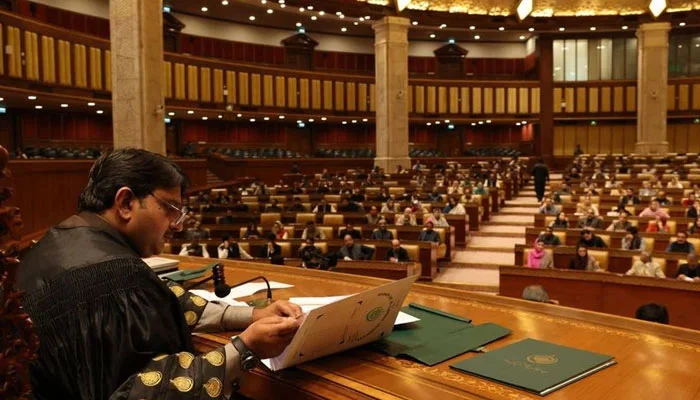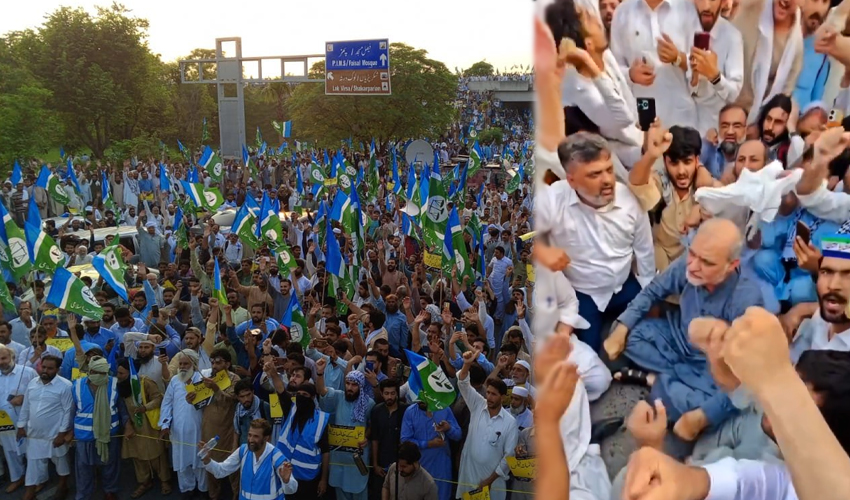The Defamation Bill 2024, which the Punjab Assembly recently passed, has officially become law after being signed by Acting Governor Malik Muhammad Ahmad Khan. This development unfolded following the departure of Punjab Governor Salim Haider abroad, who had previously expressed reservations about the bill. The bill had been pending the governor’s assent for several days after its passage by the Punjab Assembly.
According to sources from the Punjab Governor House, Acting Governor Malik Muhammad Ahmad Khan signed the bill into law despite significant reservations and criticism from journalist organizations and the opposition. The bill, presented by provincial Minister Mujtaba Shujaur Rehman, had faced opposition’s allegations of being a “black law” aimed at stifling freedom of expression.
The bill faced further controversy as all proposed amendments by the opposition were rejected, leading to heated debates, protests, and the tearing of bill copies in the assembly. Journalist organizations had appealed for a delay in the bill’s passage to address their concerns, but their request was dismissed.
Subsequently, representatives from the Joint Action Committee of media organizations met with Governor Sardar Salim Haider to express their apprehensions, asserting that the bill was an attempt to curb freedom of expression. Governor Haider had assured them that he would consult all stakeholders concerning the controversial clauses and would not sign the bill without thorough consultation, emphasizing that the PPP, to which he belongs, did not support the bill in its current form and supported the media.
However, with Governor Haider abroad, Acting Governor Malik Muhammad Ahmad Khan signed and returned the bill to the Punjab Assembly. The bill will come into effect following its gazette notification.
The law has been challenged in the Lahore High Court, with petitioners arguing that the law is unconstitutional and was hastily implemented without proper consultation with journalists and media organizations. A petition against the law was filed on behalf of journalist Jaffar Ahmed Yar and citizen Raja Riaz.
The petitioners claim that the new defamation law contradicts existing legal frameworks, specifically citing the presence of the Defamation Ordinance and the Defamation Act, which they argue precludes the need for additional legislation. They assert that the bill was hurriedly enacted with an alleged aim to control the press and stifle freedom of expression while also being implemented without consulting key stakeholders in the journalistic community, undermining its legitimacy and fairness.
The plea requests that the Lahore High Court declare the defamation law null and void and seeks an immediate suspension of its implementation until a final judicial decision is made about its constitutionality and adherence to existing laws.
The Defamation Bill 2024 applies to print, electronic, and social media, allowing defamation cases to be filed against false or untrue news. It also covers alleged fake news spread through platforms like YouTube and social media, addressing defamation damaging personal lives and public places.
Under the bill, tribunals will be established to handle defamation cases and must resolve them within six months, with a stipulated compensation of Rs 3 million. Additionally, a high court bench will hear cases against individuals holding constitutional positions.

















































